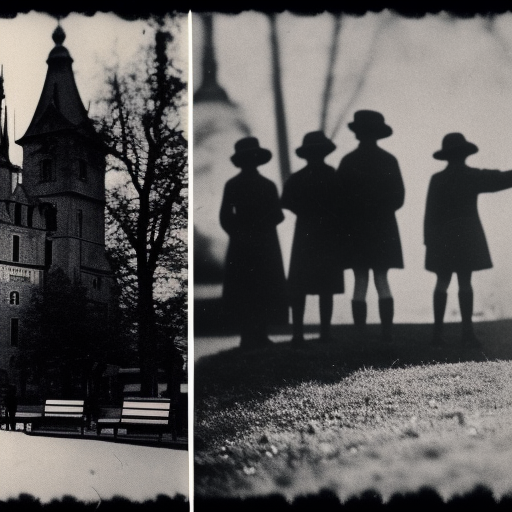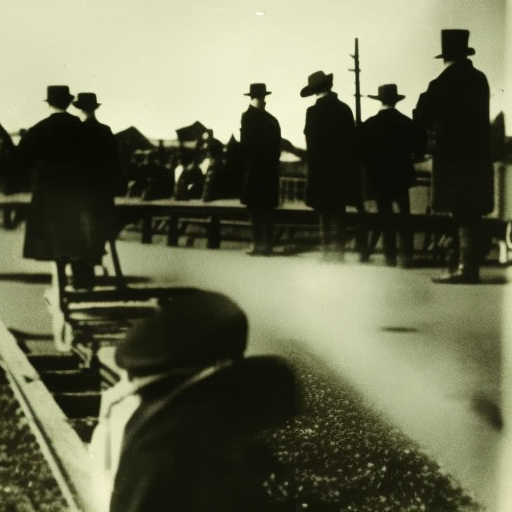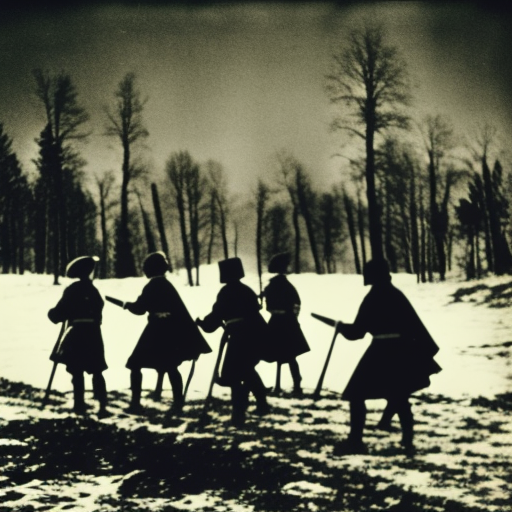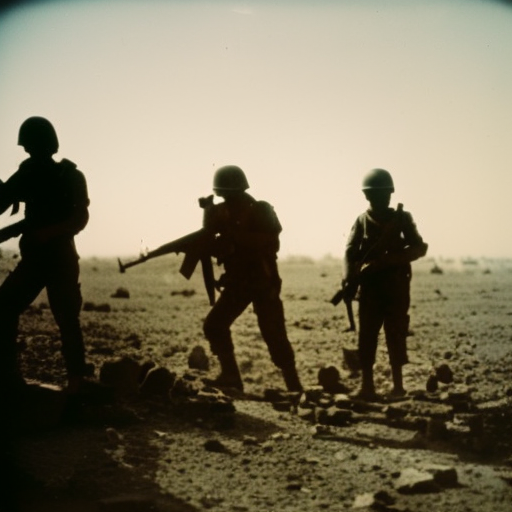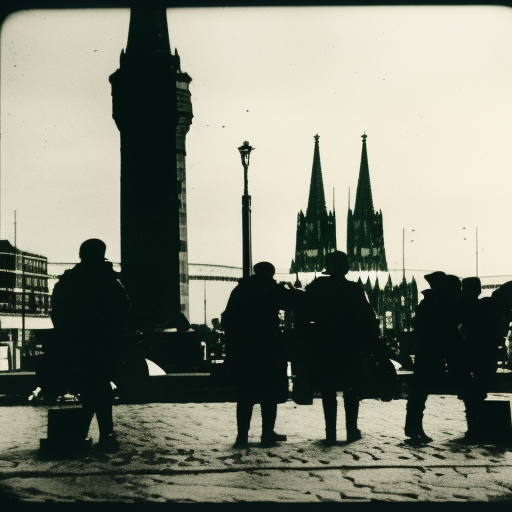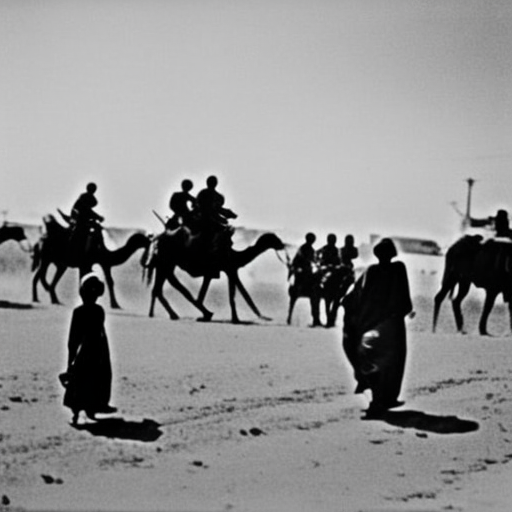The Weimar Republic was a short-lived democratic government in Germany that faced political instability, economic crisis, and ultimately paved the way for the rise of the Nazi Party.
The Assassination of Archduke Franz Ferdinand (1914) Explained
The assassination of Archduke Franz Ferdinand triggered the start of World War I.
The Pugachev Rebellion (1773-1775) Explained
The Pugachev Rebellion was a major peasant uprising against Catherine the Great’s rule in Russia.
Iraqi conflict (2003–present) Explained
The Iraqi conflict (2003–present) refers to the ongoing military and political turmoil in Iraq following the US-led invasion in 2003, characterized by sectarian violence, insurgency, and the rise of ISIS.
Cologne War Explained
The Cologne War was a conflict in the 16th century between Protestant and Catholic forces over control of the city of Cologne in Germany.
Nigerian Civil War Explained
The Nigerian Civil War was a conflict that occurred from 1967 to 1970 between the Nigerian government and the secessionist state of Biafra, resulting in a significant loss of life and the reintegration of Biafra into Nigeria.
1981 Spanish coup d’état attempt Explained
The 1981 Spanish coup d’état attempt was a failed military coup against the Spanish government.
Constitutionalist Revolution Explained
The Constitutionalist Revolution was a political movement in Brazil that aimed to restore democratic governance and uphold the country’s constitution.
Second Sudanese Civil War Explained
The Second Sudanese Civil War was a prolonged conflict in Sudan between the government and rebel groups, resulting in widespread violence and displacement.
Spillover of the Syrian civil war Explained
The spillover of the Syrian civil war refers to the regional and global consequences resulting from the conflict, including the rise of ISIS, refugee crisis, and increased sectarian tensions.









